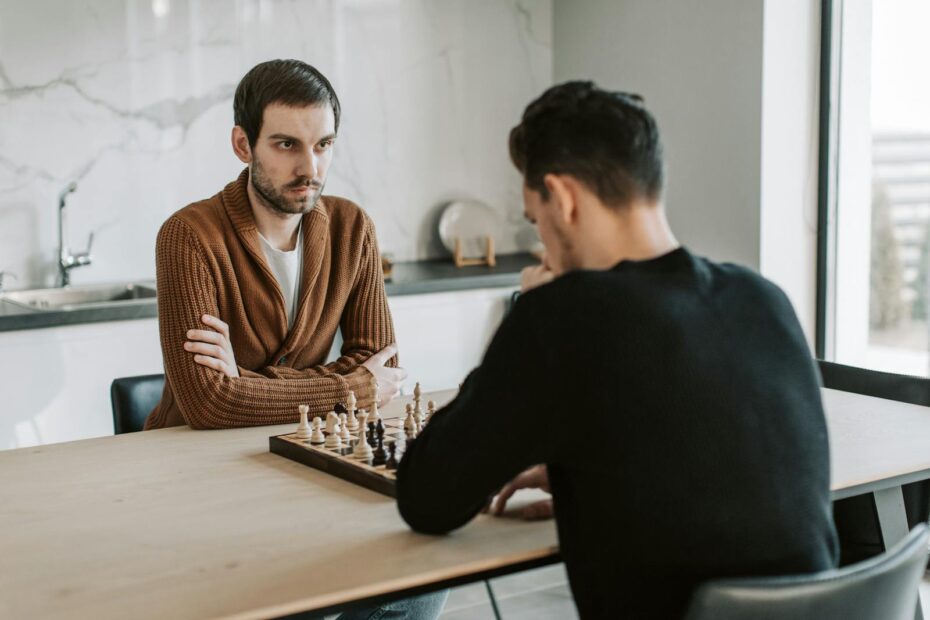Chess is not just a game of strategy but also of finesse, where every move counts and the slightest oversight can lead to an unforgiving outcome. A term that often finds its way into the lexicon of chess enthusiasts and professionals alike is ‘blunder’. Understanding what constitutes a blunder in chess is crucial for both novices and experienced players aiming to refine their gameplay and reduce the chances of making game-altering mistakes.
What is a Blunder in Chess?
A blunder in chess refers to a noticeably poor move that significantly worsens the position or outcome of the game for the player who commits it. These are not just simple errors but are mistakes that can change the course of the game, often leading to a loss. Unlike smaller mistakes (termed as ‘inaccuracies’) or more considerable errors (‘mistakes’), blunders are serious lapses in judgment or calculation that forfeit a substantial advantage to the opponent.
Common Causes of Blunders
- Lack of concentration
- Overconfidence in one’s position
- Failure to accurately calculate sequences of moves
- Underestimating the opponent’s threats
- Time pressure leading to rushed decisions
Strategies to Avoid Blunders
Minimizing blunders is paramount in chess, and several strategies can help players in achieving this objective:
- Double-check your moves: Always look for potential threats to your king and valuable pieces before making a move.
- Practice puzzles: Regularly solving chess puzzles can improve pattern recognition and calculation skills, reducing the likelihood of overlooking key moves.
- Manage your time: While playing under a clock, distribute your time wisely to avoid the pressure of having to make hurried decisions.
- Study your own games: Analyzing past games, especially those that resulted in a loss, can provide insights into common patterns of errors you may be making.
Examples of Famous Blunders
Even the world’s greatest have had their moments of oversight. Here are a couple of notable examples:
| Player | Tournament | Blunder Move | Consequence |
|---|---|---|---|
| Bobby Fischer vs. Spassky, 1972 | World Championship | 11…Bxh2 | Lost a winning game |
| Kramnik vs. Deep Fritz, 2006 | Man vs. Machine | 34…Qe3 | Overlooked mate in one |
Improving Your Game
Ultimately, blunders in chess offer valuable learning opportunities. They prompt players to reflect on their decision-making processes and encourage a deeper understanding of chess tactics and strategies. By actively working to reduce blunders, players can significantly improve their performance, turning potential setbacks into stepping stones toward mastery of the game.
Recognizing and analyzing blunders are essential skills in chess. As you continue to play and study the game, keep in mind that every chess master was once a beginner who learned from their mistakes. With patience, practice, and persistence, minimizing blunders will naturally lead to better results and a more profound enjoyment of this timeless strategic battle.
